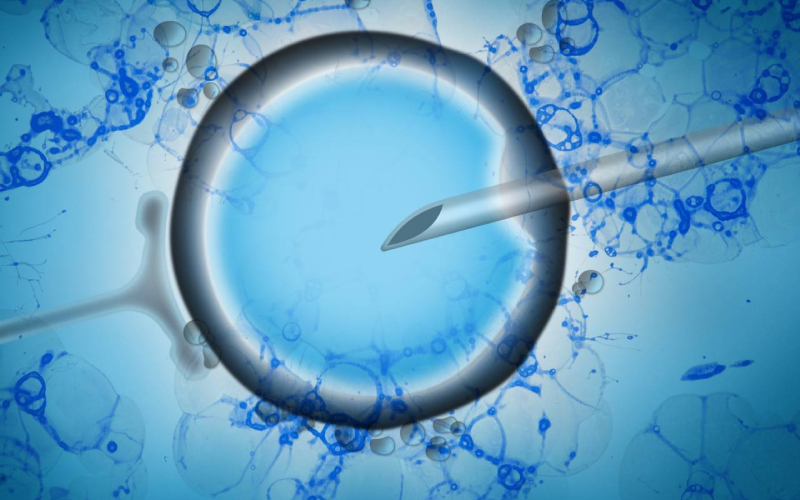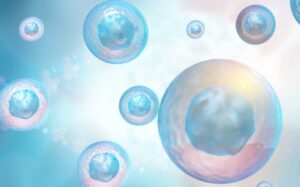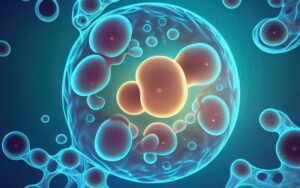Within the framework of the 39th Congress of the European Society of Human Reproduction and Embryology (ESHRE).
- A new Frozen Embryo Transfer protocol (FET) allows for more flexible transfer scheduling – nearly 7 days – without affecting the outcomes of reproductive processes.
The current practice in assisted reproduction centers is changing, transitioning from replaced or artificial cycles to natural cycles for frozen embryo transfers. This shift has raised concerns about potential complications in transfer planning.
With a sample size of over 3,000 embryos, the study titled ‘A new mNC protocol that allows a 7-day window for FET planning,’ led by Dr. Carlos Alonso, a gynecologist at IVI Madrid, was presented yesterday at the 39th edition of ESHRE. The study demonstrates that “embryo transfers can be scheduled if the endometrium is ready when the follicles measure between 13 and 20 millimeters, without altering the clinical outcomes of the process.”
Until now, it was believed that the natural cycle, which is much more comfortable and physiological, was too rigid and did not allow for transfers on the most convenient day for the patient. Although there have been previous studies attempting to delve into this aspect of the reproductive process, their limitations and small sample sizes have prevented the necessary certainties to progress in this direction.
“Our pioneering study, with the largest sample size to date for this type of research, demonstrates that the natural cycle is more physiological – as it involves minimal medication -, more comfortable, effective, and safe, thus reducing gestational risks such as preeclampsia at the end of pregnancy. Analyzing these cases shows how the endometrium acquires the necessary characteristics to ensure excellent implantation rates several days earlier than initially thought. These findings provide a previously unknown flexibility of almost 7 days to the modified natural cycle, which is highly beneficial to the patients as it allows the timing of the transfer to be adjusted to personal or work-related needs. Additionally, this flexibility is also advantageous for assisted reproduction clinics as it enables fair organization and planning of procedures,” explains Dr. Alonso.
During the modified natural cycle, the spontaneous development of the endometrium and dominant follicle is monitored through ultrasound until a medication (recombinant hCG) is administered, which promotes changes in the follicle and, secondarily, the necessary endometrial transformation for embryo transfer to take place seven days later. Until now, it was believed that the recombinant hCG should be administered when the size of the dominant follicle reached 17 millimeters in diameter, as measured by ultrasound, which was the main disadvantage compared to the currently most commonly used endometrial preparation strategy: the substituted hormonal therapy cycle with estradiol.
“Our study eliminates the rigidity of the modified natural cycle and makes its implementation easier in routine clinical practice, reducing medication costs, side effects, and obstetric complications associated with substituted hormonal therapy”, Dr. Alonso comments.
What are the advantages of natural cycle embryo transfer?
- It completely avoids the use of synthetic estrogens and reduces the need for exogenous progesterone by half, minimizing discomfort from vaginal medication.
- Lower economic and emotional costs, as well as reduced complexity of the process: Medication and monitoring costs are reduced, along with fewer visits to the assisted reproduction center, resulting in improved patient well-being.
- Greater natural physiology, as this approach simulates the natural process of a woman’s body, making the journey to achieving a full-term pregnancy easier and more manageable for patients, even reducing complications such as hypertensive disorders at the end of pregnancy.





